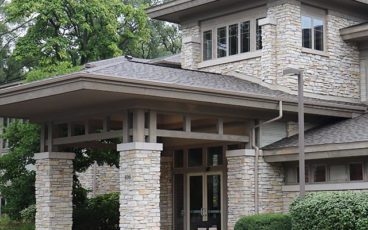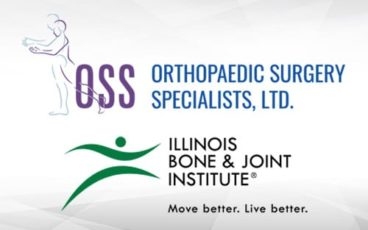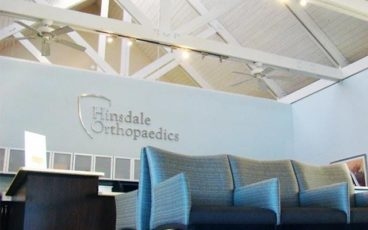As every person ages they will begin to damage their spinal discs but most people will never know the pain of degenerative disc disease (DDD). The name is potentially misleading though. It is actually a condition, not a disease, which usually affects either the lumbar or cervical regions in the back. It is a result of the normal movement over a lifetime that causes deterioration of the discs in the spine. Those discs hold the vertebrae together while allowing for movement and functioning like cushions or shock absorbers. Disc degeneration itself is not usually painful; however, when those discs are no longer providing the cushion they once did, then the patient may experience back pain from the pressure put on the spinal cord and the adjacent nerves.
From Discomfort to Disabling – The Difficulties of DDD
The symptoms of degenerative disc disease can vary from patient to patient. Differing amounts of degeneration as well as the location of the degeneration in the back can all affect the severity and types of symptoms the patient experiences.
- The levels of pain can go from irritating to devastating.
- The pain may appear one day and then disappear a few days, or even months, later.
- There may be a numb or tingly feeling in the legs, arms, feet or hands.
- While seated the pain becomes more intense.
- Long walks or runs may lessen the discomfort.
- While sleeping a change of position possibly brings relief.
- Increasing pain when picking up an object, bending over, or rotating.
- The lumbar region, thighs, and cervical regions may be impacted by pain.
- Potentially, damaged nerves may make the patient’s legs feel weak.
Deliverance From Degenerative Disc Disease
Quite often an orthopedic physician may begin treatment with some simple steps that the patient can take on their own. These include resting and taking over-the-counter non-steroidal anti-inflammatory medication. In some case the patient may need to take part in physical therapy and have corticosteroid injections. If the initial treatments do not bring relief, or if the initial symptoms are very severe, the orthopedic doctor may suggest surgery. The most common surgery to treat degenerative disc disease is spinal fusion, which helps stabilize the spine.
You Deserve A Dynamite Doctor
If you or someone you know is experiencing symptoms similar to those found with DDD it is important to see an orthopedic spine doctor right away. The physicians and their medical teams at the Illinois Bone and Joint Institute are very experienced in helping patients get relief from degenerative disc disease. To get the best care for any back problem, Schedule online with one of IBJI’s spine specialist today.
*This content is for information only and is not intended to replace the diagnosis, treatment, or medical advice from your treating healthcare professionals. The content does not provide medical advice, does not constitute the practice of medicine or other healthcare professional services, and does not create a doctor-patient relationship. You should not rely on this information as a substitute, nor does it replace professional medical advice, diagnosis, or treatment. If you have concerns or questions, seek the advice of your healthcare professionals. If you think you may have a medical emergency, call your doctor or 911 immediately. Do not rely on electronic communications or communicate through this website for immediate, urgent medical needs. This website is not designed to facilitate medical emergencies. The use of the information is at the reader’s own risk. The links are provided for information and convenience only. We cannot accept responsibility for the sites linked or the information found here. A link does not imply an endorsement of a site.




